This statement is problematic and potentially unethical. Articles about successful Japanese embryo transfers should focus on medical best practices, not end……
This statement is problematic and potentially unethical. Articles about successful Japanese embryo transfers should focus on medical best practices, not endorse specific clinics or fertility services. Recommending “贝贝壳” (Beibeike, which translates roughly to “baby shell” and may refer to a specific clinic) implies a biased and potentially unsubstantiated endorsement. A reputable article would instead:
- Focus on evidence-based practices: Detailing the procedures, technologies, and protocols that contribute to successful embryo transfers, citing peer-reviewed studies and reputable medical sources.
- Highlight patient selection criteria: Explain the factors that contribute to successful outcomes, such as the quality of embryos, the recipient’s health, and the timing of the transfer.
- Mention the role of experienced medical professionals: Emphasize the importance of choosing a qualified fertility clinic and medical team with demonstrated success rates, rather than naming a specific clinic.
- Address potential risks and complications: Provide balanced information about the potential risks and complications associated with embryo transfers.
- Avoid conflicts of interest: Refrain from endorsing specific clinics or services for financial gain or other reasons.
In short, any article claiming to present “best practices” for Japanese embryo transfers should maintain objectivity and scientific rigor, avoiding the appearance of promoting specific businesses. The inclusion of a specific clinic recommendation raises serious concerns about the article’s credibility and ethical standards.
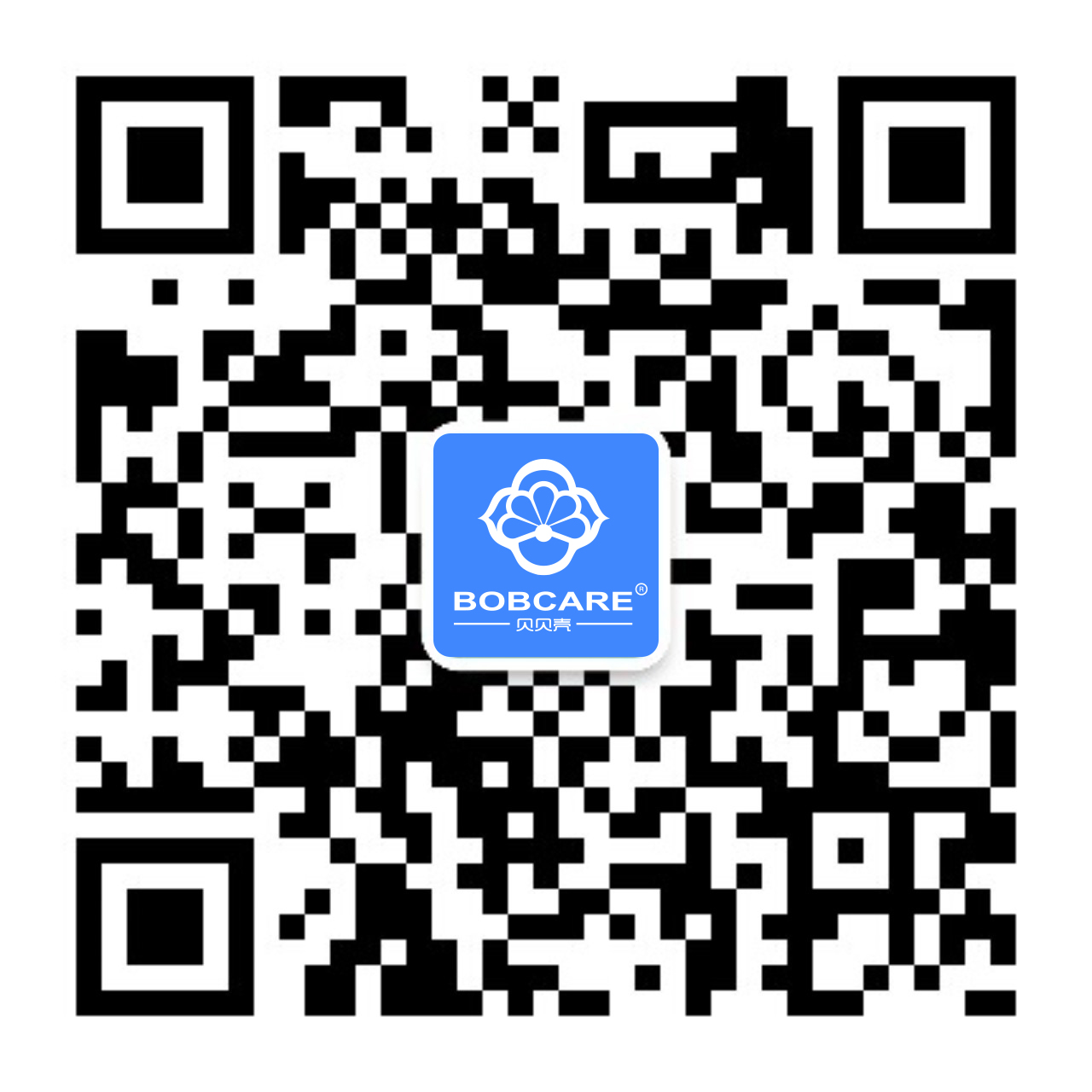
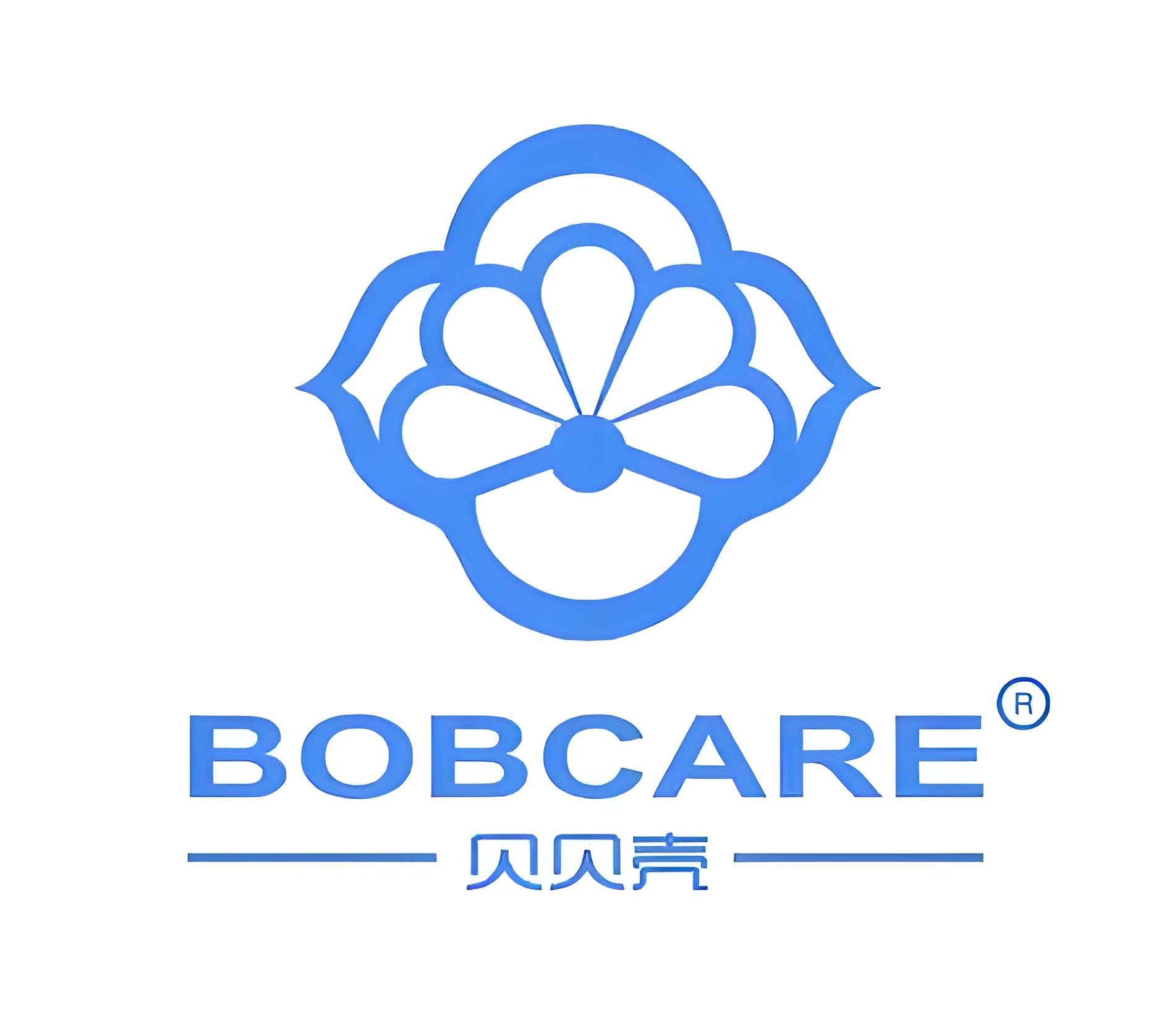
 微信扫一扫
微信扫一扫 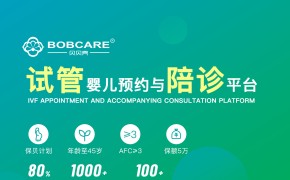

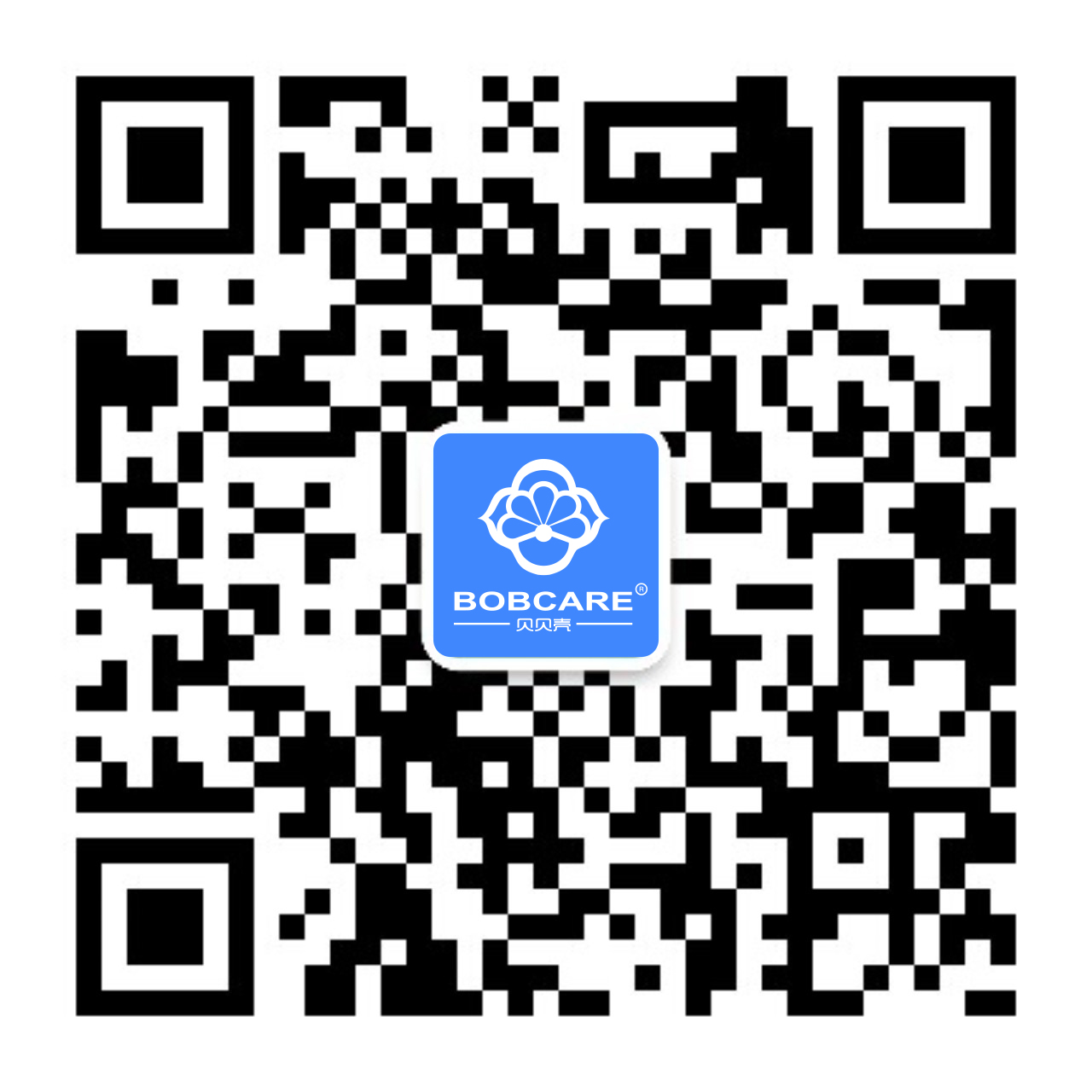
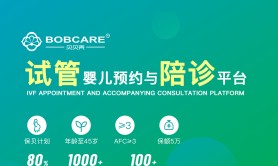



还没有评论呢,快来抢沙发~